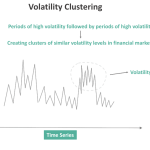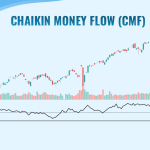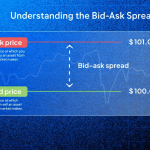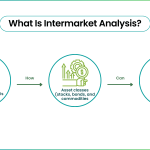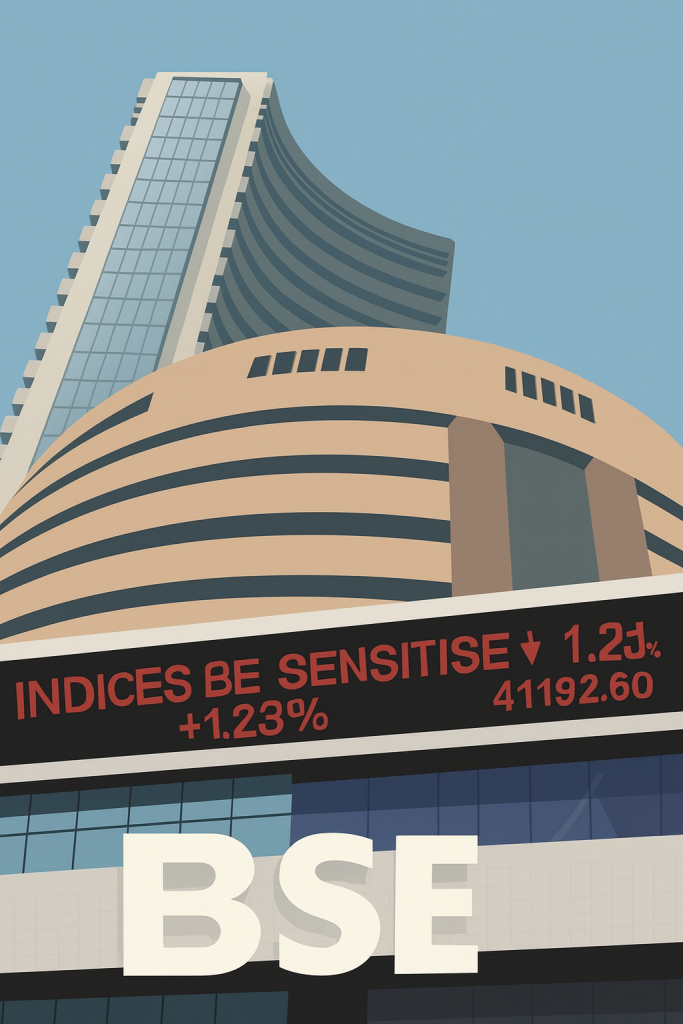
BSE SENSEX
The BSE SENSEX (Bombay Stock Exchange Sensitive Index), commonly known as Sensex, is the benchmark index of the Bombay Stock Exchange (BSE) in India. Established in 1986, it represents the 30 largest and most well-established companies listed on the BSE, spanning a wide range of sectors including technology, finance, energy, pharmaceuticals, and consumer goods. The index is designed to reflect the overall performance of the Indian stock market and is a crucial indicator of the health and direction of the Indian economy.
The Sensex is calculated based on the free-float market capitalization-weighted methodology, which gives more influence to companies with a higher market capitalization. The 30 companies that make up the Sensex are chosen based on their market performance, financial stability, and representativeness of the broader economy.
Why Is BSE SENSEX Important?
- Economic Barometer: The BSE SENSEX is widely seen as a reliable indicator of the state of the Indian economy. When the Sensex rises, it usually signals positive economic conditions, investor confidence, and growth. Conversely, when it falls, it reflects economic uncertainty or downturns.
- Investor Sentiment: Movements in the Sensex reflect the collective sentiment of investors towards the Indian market. A rising index suggests optimism, while a falling one may indicate concerns regarding the economy, politics, or global market trends.
- Benchmark for Financial Performance: Many mutual funds, ETFs, and institutional investors use the Sensex as a benchmark to gauge the performance of their portfolios. The index is a tool for comparing returns and assessing how well or poorly a fund is performing against the broader market.
- Global Recognition: As one of the most recognizable indices in India, the Sensex attracts attention from both domestic and international investors. Foreign institutional investors (FIIs) often use it as a point of reference for evaluating investment opportunities in India.
Why Should You Use BSE SENSEX?
- Simplified Market View: The Sensex simplifies the complexities of the stock market by offering a snapshot of how the top-performing companies in India are doing. For investors who don’t have the time or expertise to track individual stocks, monitoring the Sensex provides an efficient way to gauge market health.
- Diversified Exposure: Since the Sensex is composed of companies from multiple sectors, it offers investors a well-diversified portfolio. This helps reduce risk by spreading investments across different industries rather than concentrating on one sector.
- Foundation for Financial Planning: The performance of the Sensex can serve as a foundation for making informed financial decisions. It provides insights into market trends, helping investors plan for the long term and make adjustments based on economic forecasts.
- Ease of Access: Investing in the Sensex is relatively straightforward. Through ETFs or index funds that track the Sensex, you can easily invest in the overall performance of the index rather than picking individual stocks. These financial instruments are also often available at a lower cost compared to actively managed funds.
Should You Invest in BSE SENSEX?
Investing in the BSE SENSEX can be a strategic option for individuals looking to gain exposure to India’s economic growth. However, here are key considerations to help you decide:
- Pros of Investing in BSE SENSEX:
- Long-term Growth Potential: India’s economy is one of the fastest-growing in the world. The companies that make up the Sensex are often market leaders in their respective industries, making it a strong choice for long-term investments.
- Diversification: With exposure to various sectors, investing in the Sensex reduces the risk of focusing on a single industry. This diversification helps mitigate potential losses if a specific sector underperforms.
- Lower Volatility for the Long-Term: Though the market experiences short-term volatility, the Sensex has historically delivered good returns for investors who maintain a long-term horizon.
- Risks of Investing in BSE SENSEX:
- Market Volatility: Like all equity investments, the Sensex is subject to market risk. Economic, political, or global events can lead to price fluctuations that impact the index.
- Economic Sensitivity: As the Sensex is closely tied to the performance of the Indian economy, any slowdown, policy changes, or macroeconomic issues can negatively affect returns.
- Who Should Consider Investing?
- Long-term Investors: Those who have a long-term investment horizon and are looking to capitalize on the growth of the Indian economy.
- Diversification Seekers: Investors wanting exposure to multiple sectors and top-performing companies within one financial instrument.
- Passive Investors: Individuals who prefer low-cost, passive investment strategies may find Sensex ETFs or index funds attractive.
Conclusion
The BSE SENSEX is not only an important financial tool for tracking the Indian economy but also offers a diversified, accessible means of investing in the stock market. It serves as a solid investment vehicle for long-term growth, provided investors are mindful of market risks and economic fluctuations. Whether you’re a seasoned investor or someone new to the markets, considering the Sensex as part of your investment portfolio can help you capture the growth potential of one of the world’s most dynamic economies.


